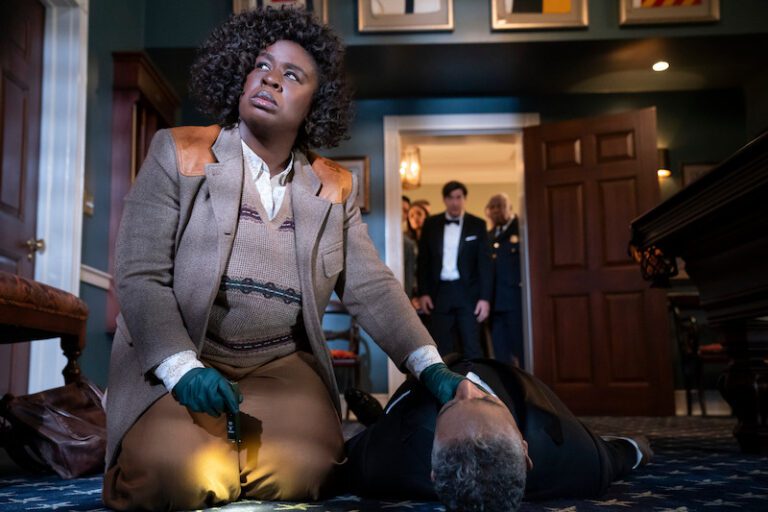One of the most important questions you can ask yourself when performing a character study is: What’s your character’s status?
Status can reveal many things about your character; how they speak, carry themselves, see the world and how they relate to other characters. That said, you may be wondering what exactly status is, and how does one determine it? Let’s dive in.
Insights: What You Need to Know About Status
- Identify your character’s status in different groups and let it guide your portrayal in each scene.
- Be mindful of how you and others on stage express status through reactions and body language.
- Prepare for and authentically portray your character’s response to changes in status throughout the story.
Thinking about joining Casting Networks? Sign up for a free trial today!
What is Status?
Status is relational. It describes where you fit within the hierarchy of any given group ranging from society at large to interpersonal relationships. It can be determined by many factors such as age, money, experience, beauty, etc. However, it all comes down to power. The more power you have, the higher your status.
Pinpoint Your Character’s Status
When determining your character’s status, it might be easier to break it down into groups. Your character’s status within society may differ from their status within their family, profession or friend group. Knowing your character’s status within each circle will determine your tactics, physicality and reactions from scene to scene.
Giving Status
A good actor knows not only their character’s status, but the status of everyone within the world or the story. A character’s status is portrayed by not only how they act, but by how everyone around them reacts.
“Court Makes the King” is a theater game often used to teach this concept to young theater artists. During the game, one child leaves the room and the rest decide who that child will be (in this example, a “king”). When the child returns, the rest of the children must silently react as though a king had just walked in the room. The child who left must then guess who they are.
The idea is that if you walk in a room and everyone bows, you assume you are some sort of royalty. It is the reaction of the court that makes the king. Depending on your reaction, you can either give status to another character or take it away.
Changing Your Character’s Status
Status is not guaranteed, nor is it stagnant. Whether they experience small life circumstances changes or face a struggle for control, events in the script might change your character’s status several times. What you need to figure out is how they react to a change of status. These are just some of the questions an actor can ask to flesh out their character’s status journey:
- Is the status change gradual or sudden?
- Is your character emotionally equipped to handle this change?
- What do they do with newfound status?
- What do they do when they lose their status?
The intricacies of status could fill novels, but the more you learn, and the more specific you get, the more fully realized your character will be. If the concept of status is new to you, start observing the status of people in your everyday life to practice. You might be surprised how much it reveals about the people in your life.
You may also like:













